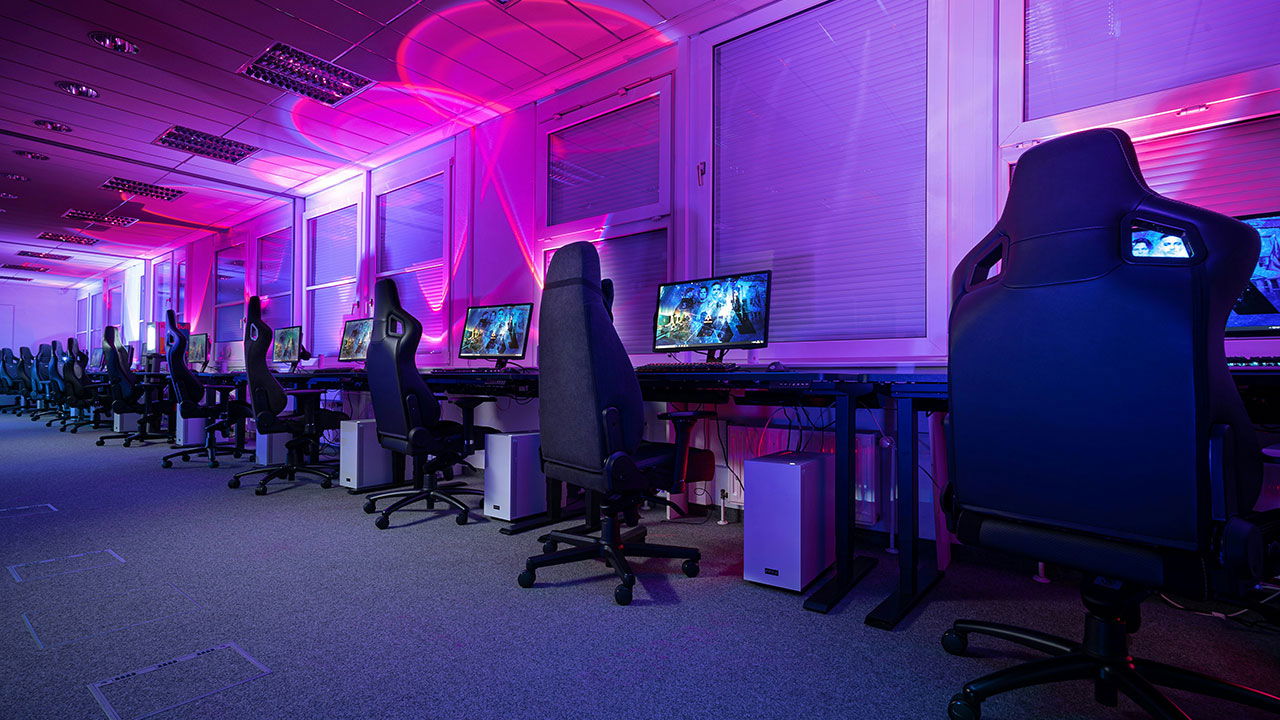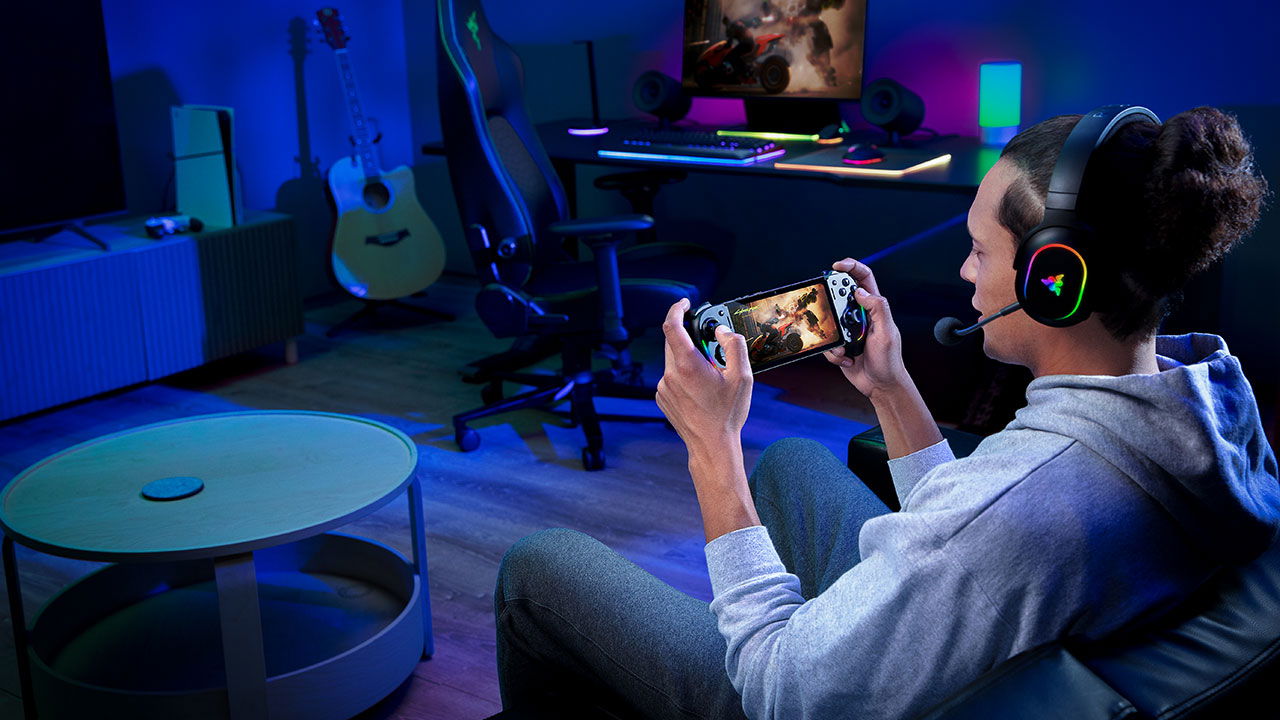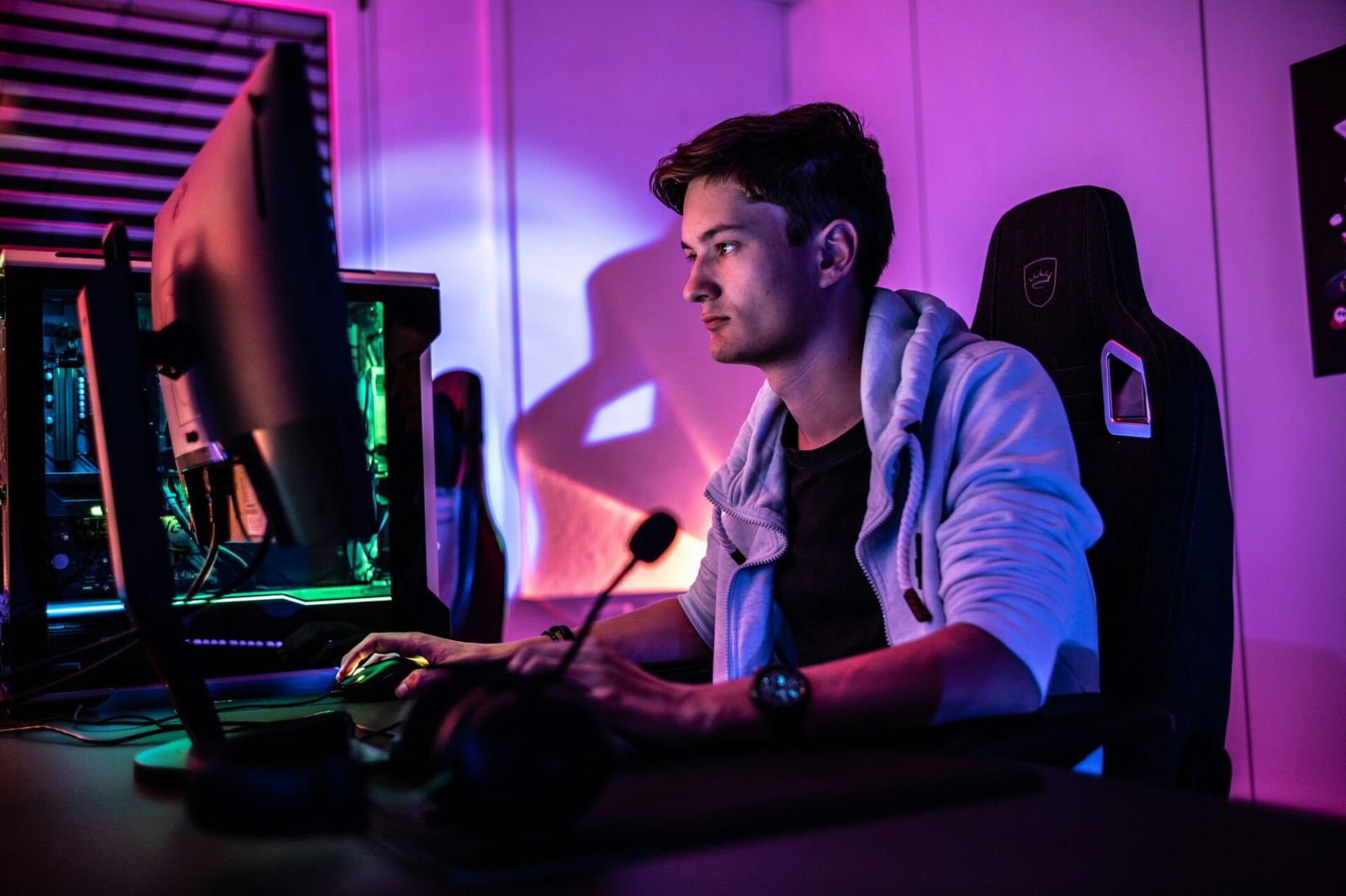Gaming is exciting, fun, and sometimes hard to step away from. But playing for long hours without breaks seriously affects your body and mind.
Whether you’re grinding ranked matches, exploring open worlds, or competing in esports, regular gaming breaks are necessary for good performance and long-term health.
Let’s check out why!
How Extended Gaming Sessions Impact Your Body
If you’ve ever felt tight shoulders, wrist pain, or lower back discomfort after gaming, your body is signalling that it needs movement. Sitting for hours increases muscle tension and joint stress, which can lead to chronic pain, posture issues, and repetitive strain injuries like carpal tunnel syndrome.
Your eyes also take a hit. Staring at the screen too long causes digital eye strain, making it harder to focus and react quickly. The 20-20-20 rule helps: every 20 minutes, look at something 20 feet away for 20 seconds to prevent strain and protect your vision.
Another big problem can be poor circulation – sitting too long reduces blood flow, increasing the risk of numbness, swelling, and even blood clots in extreme cases. That’s why short movement breaks are crucial to keep your body functioning properly.
What to Do During a Gaming Break?
Breaks should refresh your mind and body, not just involve more screen time. Instead of scrolling social media, try:
- Stretching or light movement – Loosen up tight muscles and boost circulation. Doing some quick stretches and exercises can make a big difference to your long-term gaming enjoyment.
- Getting fresh air – Even a few minutes outside can recharge your energy. A couple of laps around the block would do the job.
- Hydrating and eating something healthy – Water and nutritious snacks prevent energy crashes. Be sure to take dedicated snack breaks, and also have plenty of fluids and snacks within reach while you game.
- Playing a mini-game: A mini-game could be the solution if you want to keep gaming but need a change. Most video games come with self-contained short quests, such as fishing in Zelda and Gwent in Witcher. Gwent is a fast-paced card game, similar to the poker and blackjack games found on fastwithdrawal.casino, and is perfect for quickly blowing off steam.
- Reading or listening to music – Enjoying a non-gaming activity gives your brain a much-needed mental reset. This could be anything from a gaming-related magazine to a classic piece of fiction.
Why Mental Breaks Improve Gameplay
Your brain, just like your body, needs rest to function at its best. Extended play sessions without breaks reduce focus, slow reaction times, and lead to poor decision-making. Ever felt like you’re making careless mistakes after a long session? That’s mental fatigue at work.
Breaks help your brain reset and absorb information better. Whether it’s understanding map layouts, opponent strategies, or timing your next move, short pauses help improve retention and reaction speed.
Taking a break also prevents tilting – and losing streaks triggers frustration, leading to rushed decisions and worse performance. Stepping away for a few minutes clears your mind and helps you return with a fresh perspective.

How Often Should You Take Breaks?
Health experts suggest taking a 10 to 15-minute break every hour to avoid physical and mental exhaustion. Another effective method is the 52-17 rule – 52 minutes of focus followed by a 17-minute break, proven to increase concentration and prevent burnout.
If a full break feels too long, even a quick 5-minute reset – standing up, stretching, or just shifting focus – can really help improve energy and alertness.
Take a Break When You’re Frustrated or Angry
One of the best reasons to take regular breaks is to help you stay calm and focused, especially when you’re stuck on a tough level or keep losing in competitive matches.
If you notice yourself getting overly angry or salty, it’s a good idea to step away from the game for a bit. This is especially important if you’re tempted to take your frustration out on your teammates.
Letting your emotions get the better of you can lead to a bad attitude, and that’s a quick way to make people not want to play with you. Taking a break helps you reset and come back with a better mindset.
How Nutrition Affects Gaming
The food and drinks you consume directly impact your reflexes, focus, and stamina. Many gamers use sugary energy drinks and junk food, but these cause crashes that hurt performance.
Instead, eating slow-digesting foods like nuts, whole grains, and lean protein provides longer-lasting energy. Hydration is equally critical – even mild dehydration decreases reaction speed and concentration.
Keeping a bottle of water nearby all the time can help you stay sharp and focused.
Social Interaction and Performance
Gaming can feel lonely, especially during solo sessions. Taking a break to chat with your friends, join an online gaming community, or check in with family reduces stress and boosts mental well-being.
Studies show that socializing increases dopamine levels, lowers stress hormones, and improves cognitive flexibility, all of which help you perform better when you return to the game.
Spend Some Time Outside
Sunlight boosts vitamin D, which regulates mood, strengthens bones, and reduces fatigue. Even just 15 minutes outside has been shown to lower stress and improve focus.
Next time you step away from your game, try taking a short walk, stretching outside, or simply standing in the sun. Natural light refreshes your mind and helps you return to gaming with renewed energy.
How Sleep Affects Gaming Performance
Many gamers sacrifice sleep for longer sessions, but lack of rest hurts reaction time, memory, and decision-making skills. If you find yourself struggling to concentrate or making avoidable mistakes, exhaustion might be the culprit.
Studies show that getting 7-9 hours of sleep improves reflexes, boosts learning, and increases overall gaming performance. If you’re staying up late for ranked matches, ask yourself: Is this actually helping or just making you worse?

How to Make Gaming Breaks a Habit
If you’re used to marathon gaming sessions, integrating breaks might feel unnatural at first. But once you make them a habit, you’ll notice better endurance, sharper reflexes, and an overall more enjoyable gaming experience.
- Set reminders – Use a phone alarm or gaming app to prompt break times every hour.
- Make breaks feel rewarding – Treat them as a power-up, like reloading your health bar before the next battle.
- Get your friends involved – If you game with others, agree to take breaks together, so it feels normal.
Once you make breaks part of your gaming routine, you’ll play better, feel better, and avoid burnout.
The Takeaway
Taking breaks isn’t stopping the fun – it means playing smarter. If you want to game longer without burning out, take care of your body and mind.
Whether it’s a quick stretch, a casual walk, or just drinking more water, small changes lead to big improvements. The best players know when to step away so they can return even stronger.



